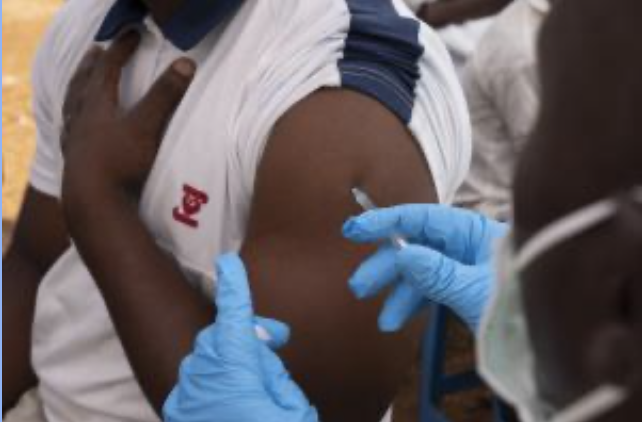
Ten steps to prepare for COVID-19 vaccine rollout in Africa
January 28, 2021
All Regions
Brazzaville – As African countries gear up for the rollout of COVID-19 vaccines, it is crucial to lay a strong groundwork for what will be the continent’s largest-ever immunization campaign. The World Health Organization (WHO), UNICEF and Gavi, the Vaccine Alliance, are working with countries to shore up readiness using a 10-point assessment tool that include the following aspects:
Planning and coordination
WHO recommends that all countries set up a National Immunization Technical Advisory Group to provide the Ministry of Health with scientific guidance and recommendations for the vaccine introduction. WHO also recommends the establishment of coordination structures to develop and monitor vaccine delivery timelines, identify priority groups to be targeted first with the limited number of doses initially available based on contextualised epidemiological data. Countries must also develop national vaccination plans to guide implementation and the basis upon which vaccines are allocated.
Resources and funding
Countries need to estimate the human and financial resources required to roll out the COVID-19 vaccine. While the COVAX Facility will provide most African countries with 20% of the doses they need for the initial priority populations, this does not include the cost of deploying the vaccine. Additional resources are needed for transportation, cold chain, training of health staff/vaccinators and creating demand for the vaccine. Costs vary for every country depending on many factors, including geography, distances to cover, the number of health workers and type of vaccine used.
Vaccine Regulation
Countries need to ensure that they have the regulatory pathways in place to quickly assess and authorize emergency use or issue licenses for a vaccine, while securing the necessary approvals and emergency waivers for quick importation. There should be senior authorizing staff to ensure that all paperwork is in order two weeks before vaccines are shipped to avoid delays at ports of entry and potentially losing their potency if they leave the cold chain.
Prioritization
Using the guidelines set by a country’s technical advisory group, the category of people to be given priority vaccination are identified to establish how many vaccine doses the country will require. The Strategic Advisory Group of Experts on Immunization recommended the prioritization of frontline health workers, older people and adults with comorbidities However, countries make their final decisions depending on their epidemiological evidence.